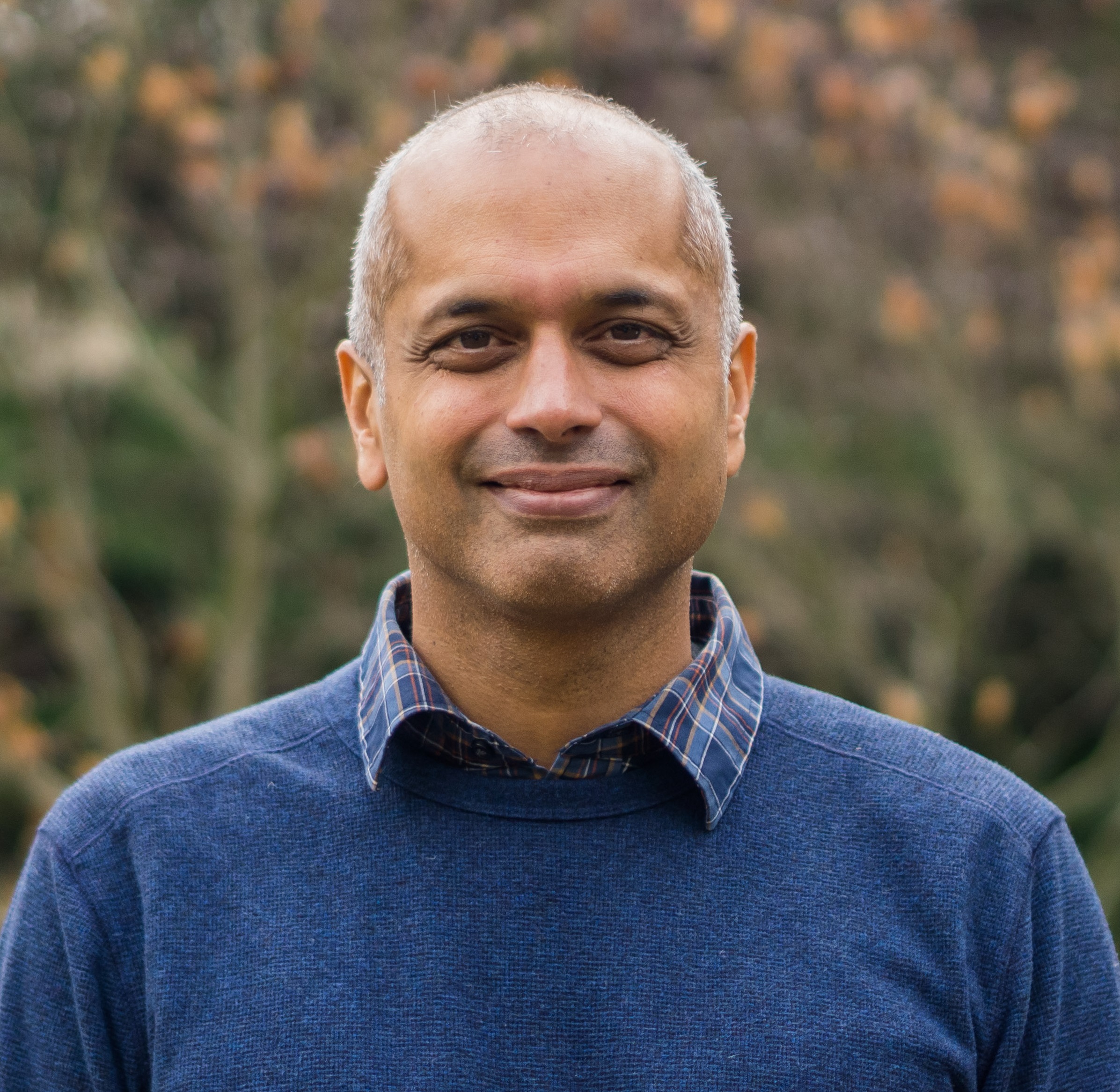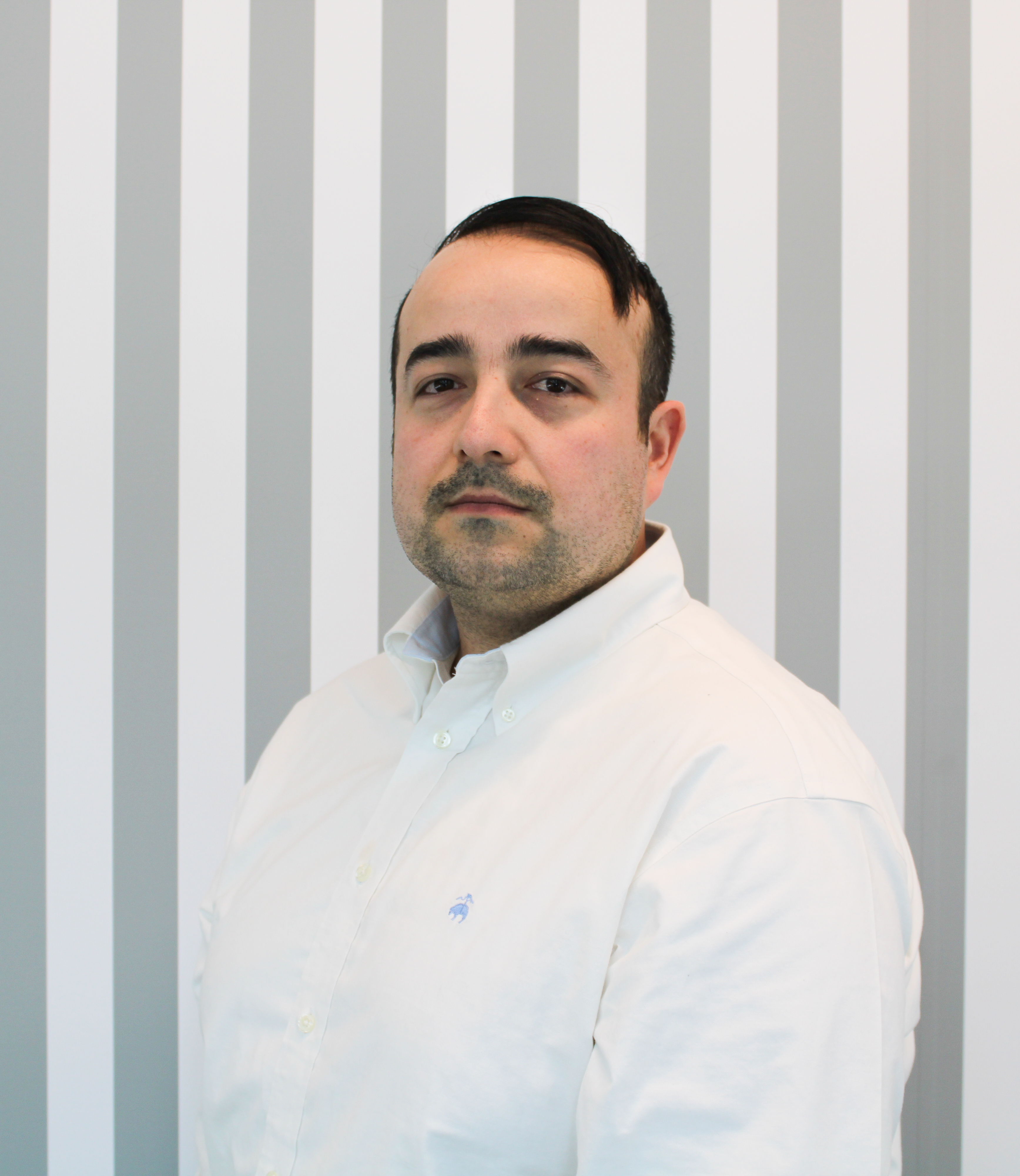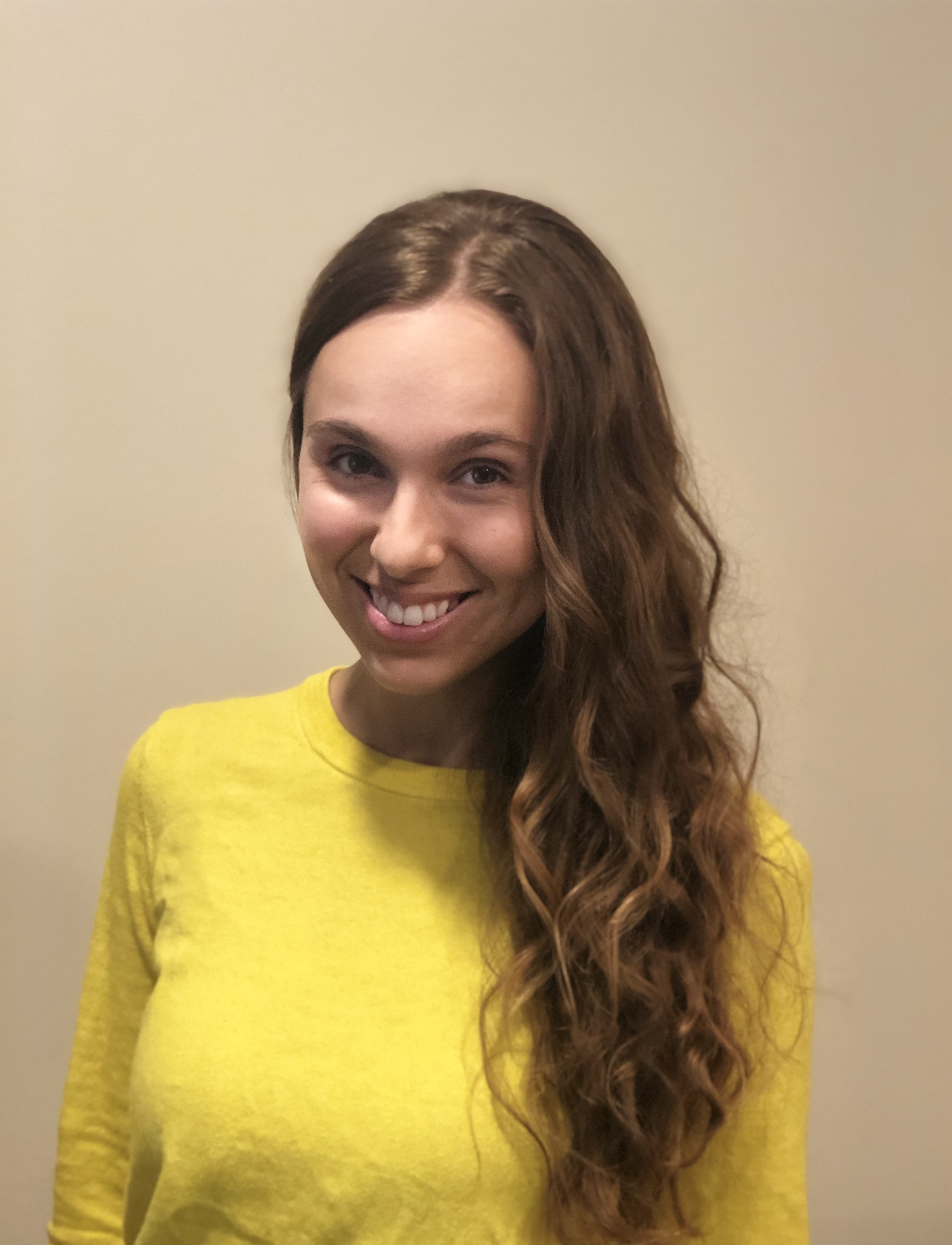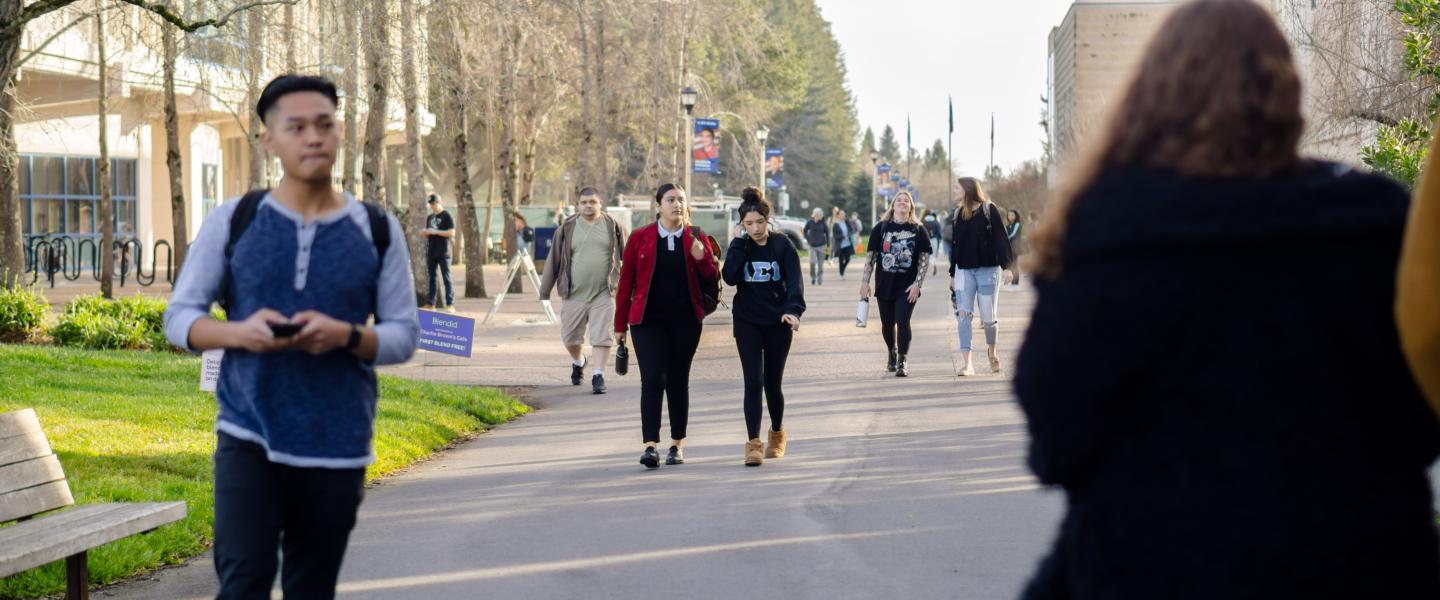 Vision
Vision
Everyone interested in becoming a tk-12 STEM teacher in the North Bay has an accessible and appropriate pathway allowing them to thrive as a socially, culturally, linguistically responsive STEM teacher.
Mission
Provide high quality programs and services to recruit, support, and develop individuals to become socially, culturally, and linguistically responsive tk-12 STEM teachers
Core Values
Prospective, pre-service, and early career STEM teachers thrive when they...
- receive financial support to focus on their own development as a STEM teacher
- participate in a community of learners
- are advised and mentored the years leading up to and while becoming a STEM teacher
- participate in programs that foster socially, culturally, and linguistically responsive teaching dispositions and core teaching practices
Supporting Funding
MSTI: The Math and Science Teacher Initiative (MSTI) provides support for prospective students and inservice teachers to network in the math and science teaching community. MSTI is a collaboration between the School of Education and the School of Science and Technology to support future and current math and science teachers. MSTI is part of a CSU system-wide project to increase math and science teachers, and will play a big role in addressing an acute math and science teacher shortage (30,000 in the next 10 years)
CTC: The Commission on Teacher Credentialing (CTC) is supporting and funding the collaboration between Local Education Agencies (LEAs) and Institutions of Higher Education (IHEs) to operate teacher residency pathways within teacher preparation programs.
STEP Center Annual Report 2022-2023
Ed Lyon (Co-Director)

I engage in teaching, scholarship, and service to address how middle and high school science teachers can best implement instructional and assessment practices that promote scientific sense-making and literacy development in multilingual classrooms. As a Co-Principal Investigator for the NSF funded Secondary Science Teaching with English Language and Literacy Acquisition (SSTELLA) Project, my colleagues and I have developed and researched innovative approaches in secondary science method courses to better prepare new science teachers to teach English learners. I have also studied how new and experienced science teachers come to develop expertise at assessing science learning responsively in multilingual classrooms. This scholarship has helped me frame my teaching for single subject candidates around a set of high-leverage teaching practices that candidates experience analyze, and approximate in the context of new national teaching priorities and standards, namely Next Generation Science Standards and Common Core.
Rajeev Virmani (Co-Director)

Dr. Rajeev Virmani is an Assistant Professor of Mathematics Education in the Department of Curriculum Studies and Secondary Education at Sonoma State University. Virmani has focused on providing rich learning experiences for preservice and inservice teachers to improve their skills and knowledge for teaching mathematics and ultimately support student learning. His research and teaching centers on eliciting and attending to student thinking. Virmani collaborates with teacher educators and practitioners to develop learning environments that provide opportunities to learn about teaching practices through pedagogies that approximate practice. In particular, he uses rehearsals of instructional activities with teachers to engage in and reflect upon equitable pedagogical practices, student thinking, and mathematics content. He has extended this work to embed mathematics methods courses in school classrooms in which teachers have authentic interactions with students and build upon student mathematical, cultural, and linguistic strengths.
Salvador Garcia (Recruitment Coordinator)

Salvador Garcia Vigil received a PhD from the University of California Riverside and an MA from the University of California Santa Barbara. And he holds a Bachelors of Arts from Sonoma State University. Dr. Garcia is keenly interested in the study, development, and academic advancement of students from underrepresented communities and/or minorities in higher education. Advancing diversity at the university level and in the field of education in general is one of his career goals. He is committed to supporting and improving learning experiences for prospective students interested in the field of education. Ultimately, Dr. Garcia endeavors in developing and making research and pedagogy relevant and more widely available to all–especially students interested in teaching and those who are first-generation, low-income, and come from underrepresented minorities.
Angelica Andrews Buot (Admin Support)

Angelica Andrews Buot supports the STEP Center with program administration. She holds her BA in Environmental Studies and Planning from Sonoma State University. She began her career in environmental education and aptly made it back to SSU where she has been working since 2019. In line with her work, Angelica is a proponent of STEAM education, values students' access to passionate, equipped instructors, and is committed to supporting educators so they may thrive.

